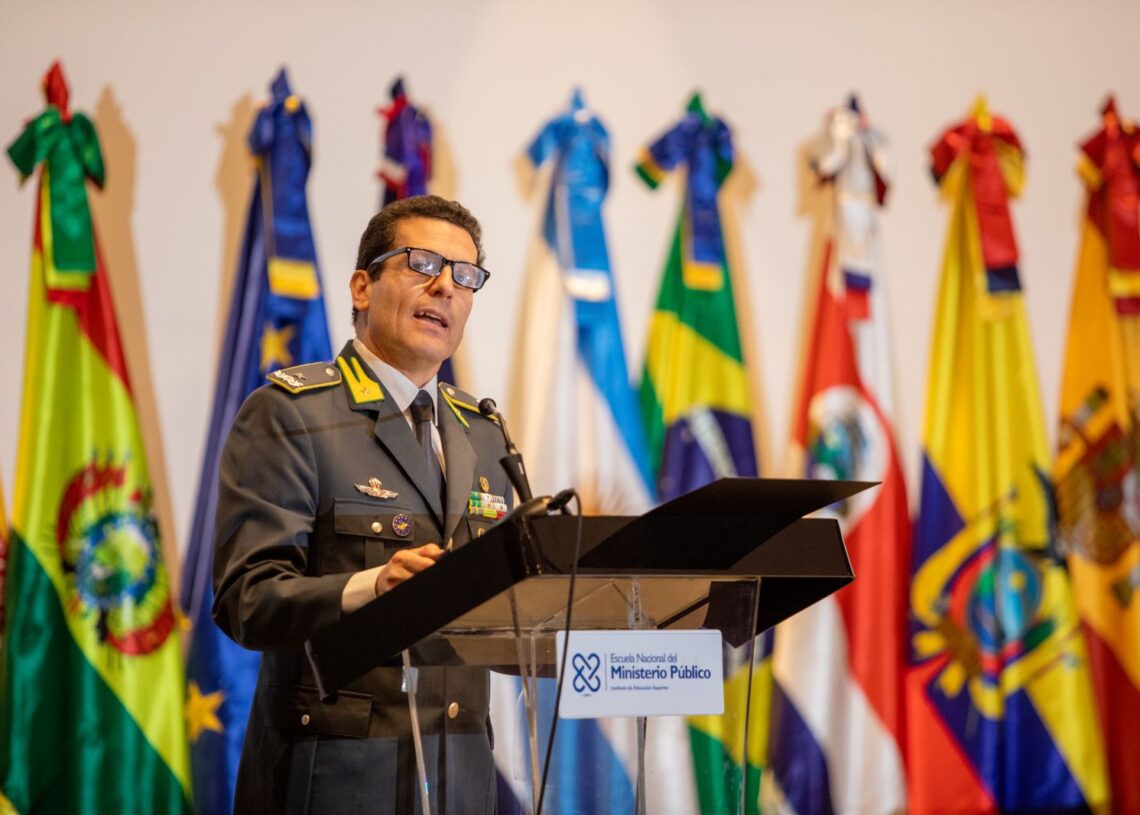The Palermo Convention of 2020 promotes cooperation to prevent and combat transnational organized crime and its article 20 refers to “Special Investigative Techniques” including “Controlled Deliveries” and “Undercover Operations” as fundamental tools in the fight against organized crime.
In the framework of the COPOLAD III program, we have launched a working group on special investigative techniques for the counter-narcotics units of the national police. In particular, the group will address the use of undercover agents in anti-drug operations and controlled deliveries. This working group will be coordinated by COPOLAD program experts in collaboration with the anti-drug units of the national police of El Salvador and Ecuador.
Country exchange
In the first phase, each participating country has been asked to make a presentation on the special investigative techniques (undercover agents and controlled purchases) used in their country, success stories and lessons learned, also considering cases of cooperation with other countries; in addition, each country will present, if applicable, weaknesses and needs related to the use of these techniques.
Once this first phase has been completed and the strengths and weaknesses of each country have been identified, the COPOLAD program proposes a series of activities to strengthen the special research techniques, such as training courses, study visits, exchange of experiences, best practice guides, promoting collaboration between counterpart institutions in Latin America, the Caribbean and the European Union.
During the first activity of this group, on May 4, presentations were made by the Anti-Drug Divisions of the National Police of El Salvador and Ecuador.
The countries that have so far expressed their interest are: Argentina, Colombia, Costa Rica, Honduras, Panama, Paraguay, Peru, Uruguay. And the COPOLAD III experts in charge of this working group are Colonel Ciro Guida and Lieutenant Colonel Salvatore Leotta of the Central Anti-Drug Services Directorate of Italy.






